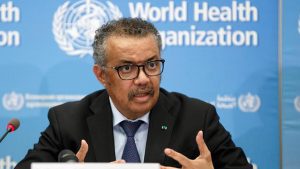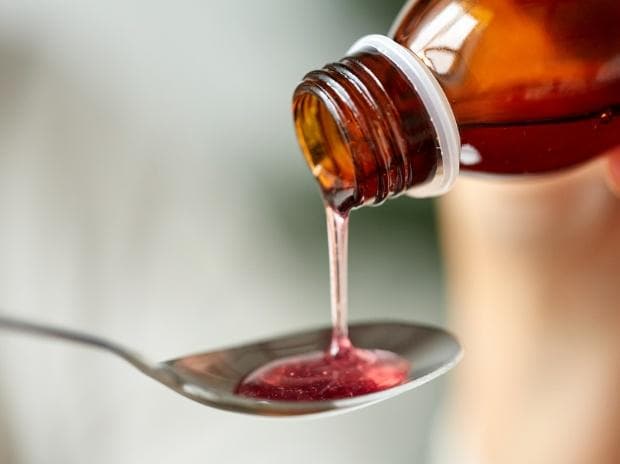The BBC is reporting what could become another public health crisis in West Africa given the similarity of attitudes, pharmaceutical network and institutional norms across the region.

A BBC picture suggesting a child victim

WHO D-G, Dr. Tedros Ghebreyesus who has already ordered a set of actions on the unfolding scandal
It is originating from a made in India cough syrup that is said to have been found to be contaminated and creating kidney problems or capable of doing so.
Although the authorities in The Gambia give the impression in the video accompanying the BBC story of being on top of the situation, it is not clear if the problem is restricted to just The Gambia or might just be waiting to explode in a notoriously porous market such as Nigeria. Unlike Egypt, for example, where fake drugs are almost unknown, Nigeria is a haven of fake drugs. The anti-fake drugs agency – the National Drugs Law Enforcement Agency, (NDLEA) makes a show of its successes every now and then but, in much of the rural areas, more than 90 % of the drugs consumed, especially injections, are fake while most tablets contain nothing but Semovita, Garri and other grounded stuff sold to unsuspecting consumers.
The Director-General of the World Health Organisation, (WHO), Dr. Tedros Ghebreyesus has already called for action on the scandal. The BBC story is sufficiently detailed that it is not warranted going more beyond it at the moment as readers can click the link which opened this story.




























